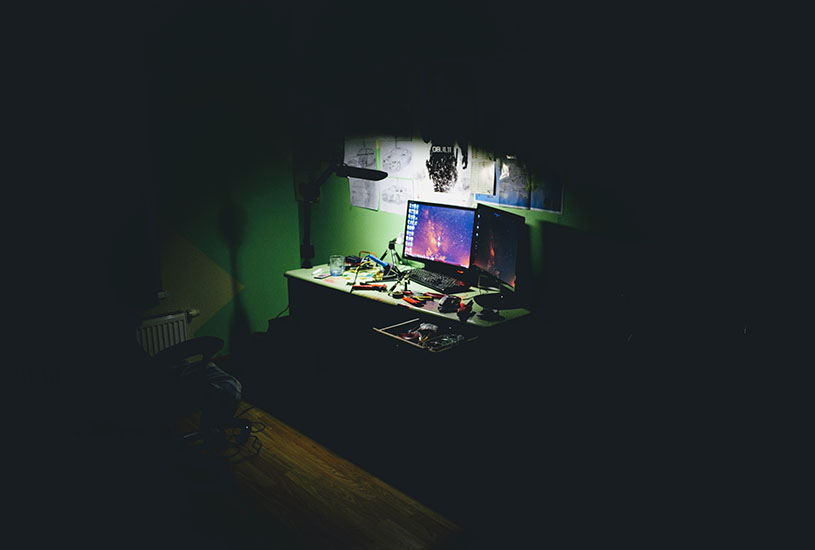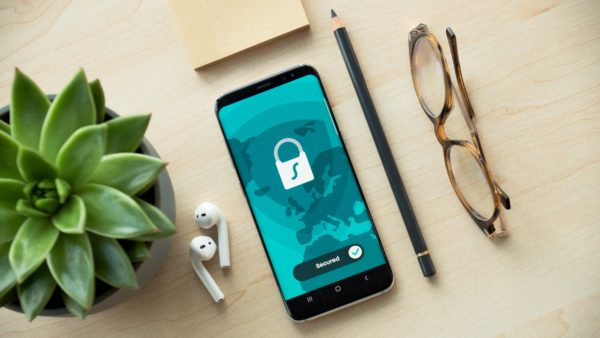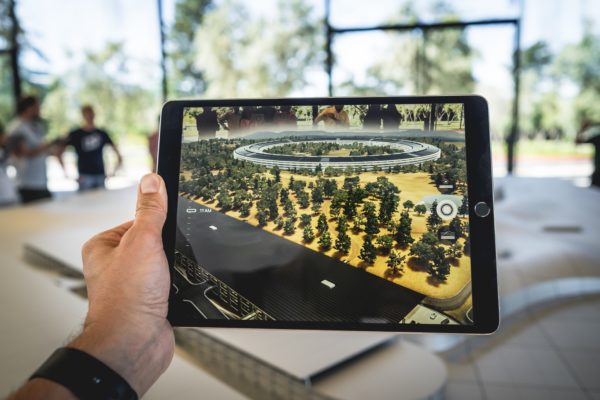A Strategic Research Centre is uniting Deakin’s cyber expertise to combat emerging threats.
With recent news that current alphanumeric passwords may soon be a thing of the past – replaced by such futuristic options as digital tattoos, injected microchips, or keystroke biometrics within a decade – the race to maintain cyber security is becoming ever-more sophisticated.
The pace is unlikely to slow, given that cyber terrorists and the multi-million dollar industries that threaten our personal and financial security have access to their own high tech expertise.
In a bid to keep ahead of the game, Deakin – already a world leader in cyber security research – is set to unite cyber researchers across the University in its new Centre for Cyber Security Research. Director of the Centre, Professor Yang Xiang, explained that Australian cyber security research is already ranked 1st out of 26, compared to European countries with a strong IT focus, as well as Canada, New Zealand, the USA and tech-focussed Asia Pacific countries.
“Deakin is ideally placed to build Australia’s position in this way. We have developed a critical mass of researchers in cyber security. Our researchers have undertaken numerous Australian Research Council and industry-funded projects and published in world-leading journals.
“In fact, cyber security research at Deakin was a key factor in the 2015 ranking by the Academic Ranking of World Universities that placed Computer Science research at Deakin in the top 101-150 universities in the world.”
Professor Xiang has no doubt that the race to keep ahead of the cyber criminals will gain momentum in the years ahead. He claims that, over the next few years, the major cyber threats are likely to come from Malware, cyber physical systems, social networks, and cyber terrorism.
“Cyber-crime is big business,” he said. “It is being conducted by large organisations who are seeking access to billions of dollars’ worth of financial gain. Through the use of Malware, for instance, cyber criminals can insert a crypto locker, via the Internet, to make a computer unusable until a ransom has been paid. This was the ‘number one’ security threat in 2015.
“In the case of physical systems, more and more systems are being embedded into people’s lives, like the tiny devices in an electronic car key, and security is still often not incorporated into the design.”
In relation to cyber terrorism, he predicts that the monitoring of social networking is likely to play a growing role in identifying potential cyber terrorists.
Professor Xiang observed that there has been a fundamental change in the computer industry over the past few years.
“When computers first emerged, the priority was to get the computer science right. Now, the first priority is to make the system secure, right at the beginning of the design phase,” he said.
“There is also a need to address these issues across disciplines. The new Centre is being led by six professors, who each has specific cyber expertise. Four are from the School of Information Technology, with expertise in network, system, cloud, cyber physical and big data security. The other two professors are from the Faculty of Business and Law, with expertise in cyber security policy, strategy, and legislation.
The researchers have worked with governments and industry, such as IBM and DST Group. A key feature of the new Centre will be its partnership with the world’s third largest anti-virus company, Trend Micro, with whom Deakin has undertaken various collaborative projects, including an ARC Linkage project centring on locating malicious web sites and domains.
Trend Micro is the market leader in server security, cloud security, and small business content security – offering Deakin researchers access to high performance computing facilities and a vast source of heterogeneous data.



